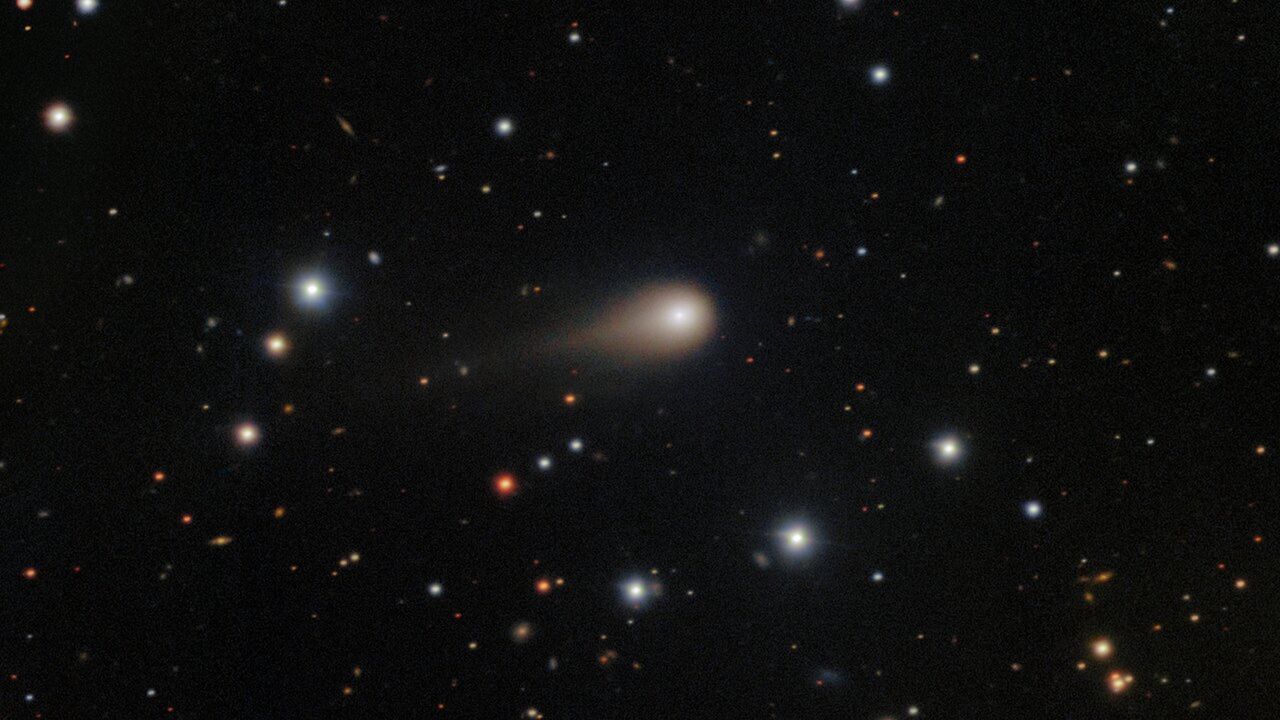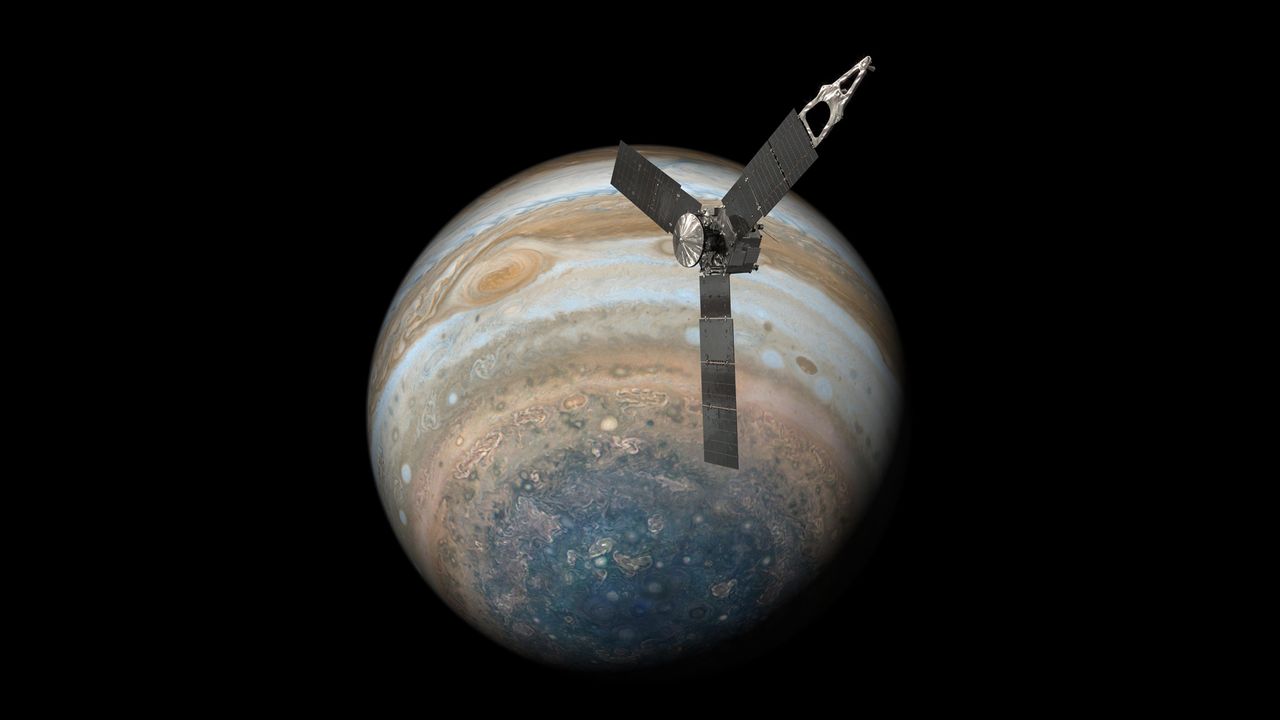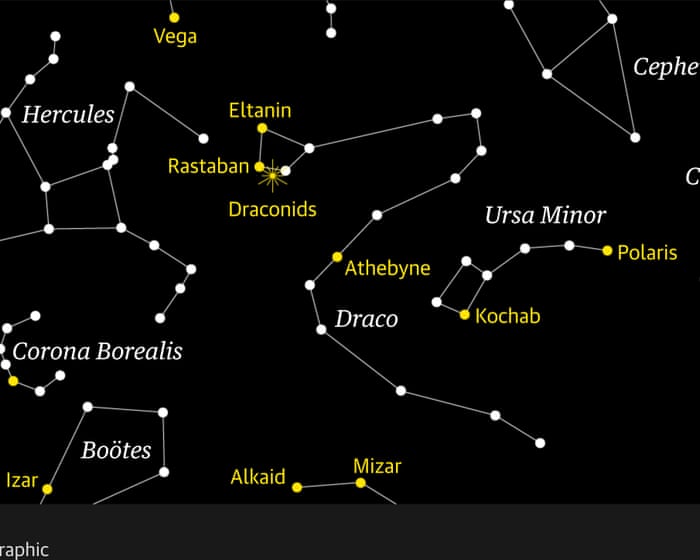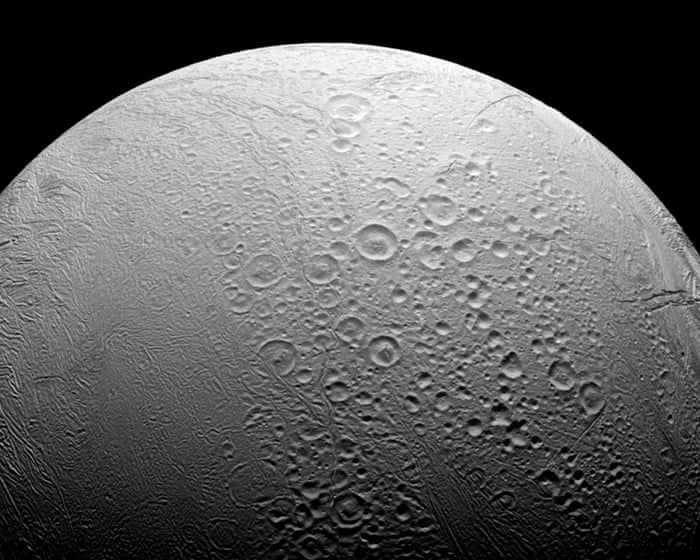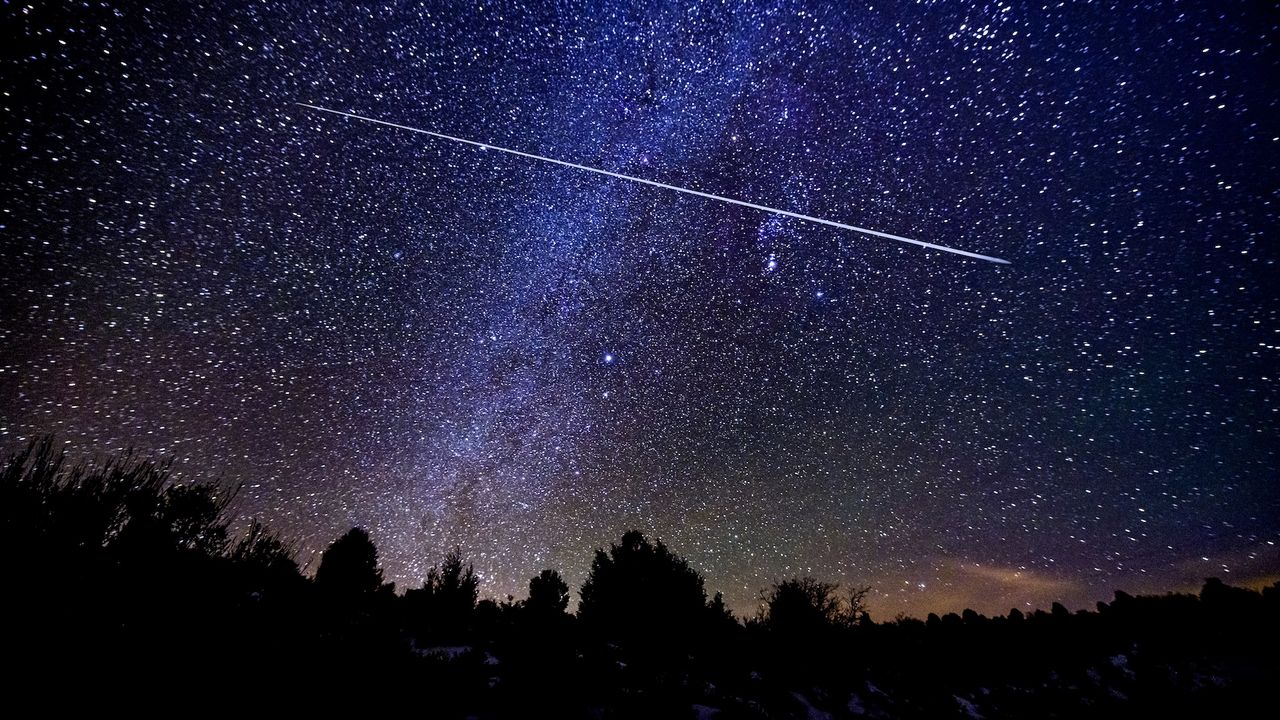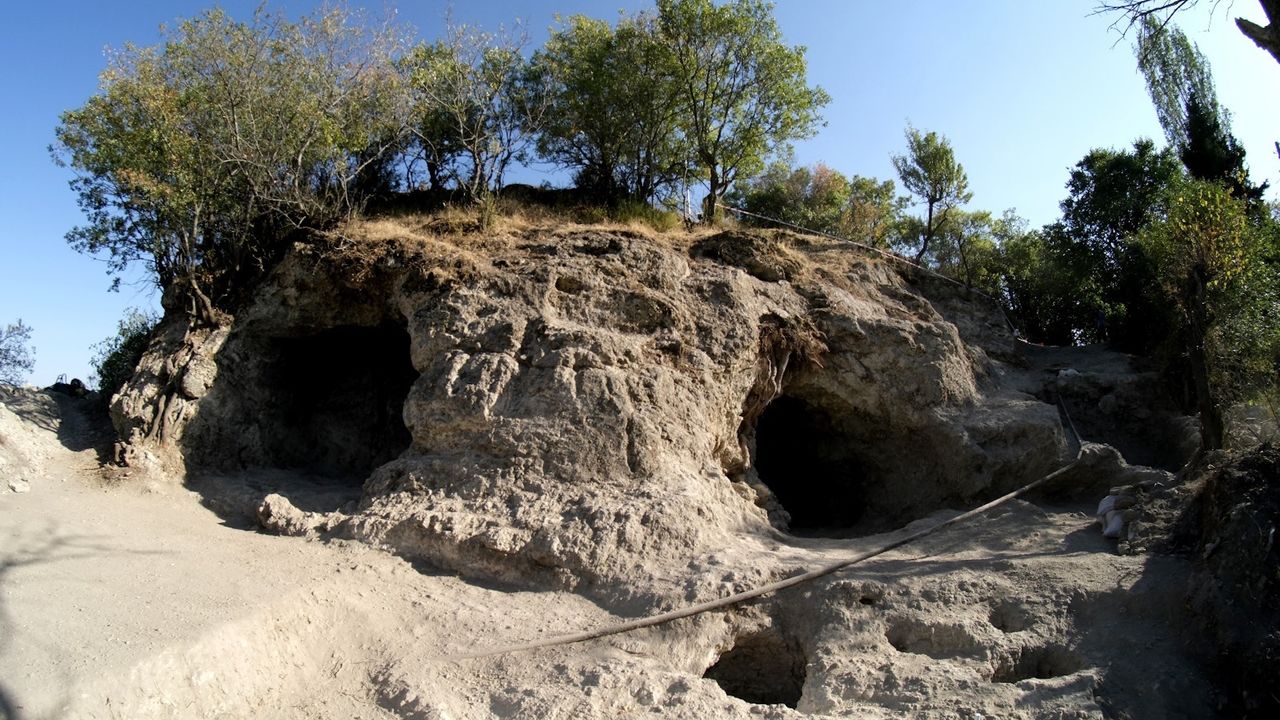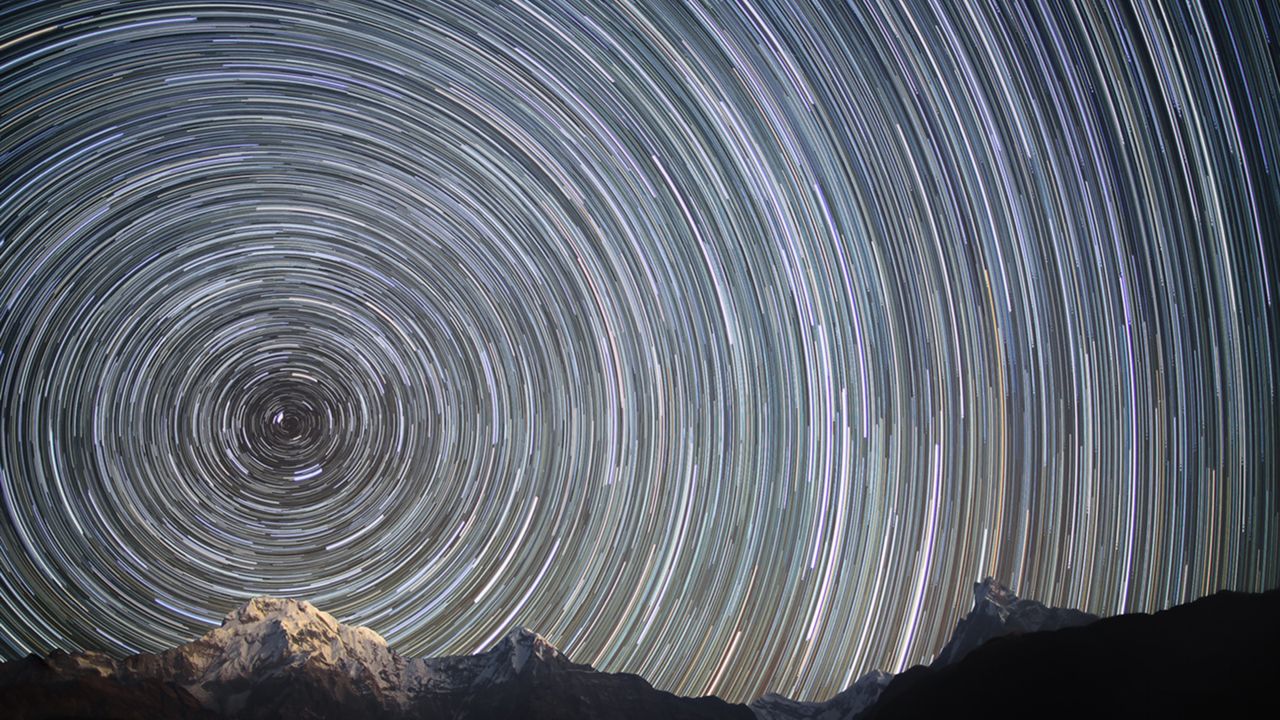Did NASA's Perseverance Mars rover just see interstellar comet 3I/ATLAS in the Martian night sky?
PositiveScience

NASA's Perseverance Mars rover might have just spotted the interstellar comet 3I/ATLAS in the Martian night sky, which is an exciting development for space exploration. This potential sighting not only showcases the rover's capabilities but also enhances our understanding of celestial phenomena and the universe beyond our solar system.
— Curated by the World Pulse Now AI Editorial System

